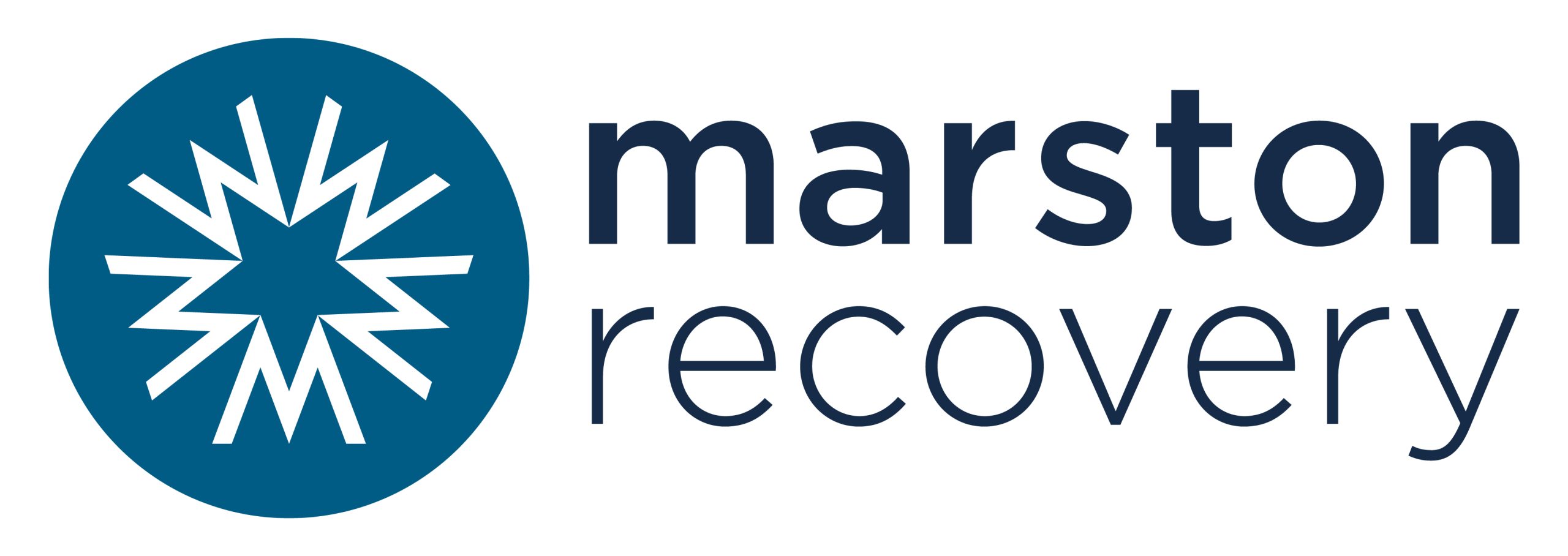When it comes to debt recovery, many businesses and individuals default to traditional methods, often relying on County Court processes to chase outstanding debts. A common misconception is that High Court enforcement is either too complex, too expensive, or reserved for large, corporate debts. In some cases, creditors may even choose to write the debt off, believing that attempting recovery will only waste more time and money. However, High Court debt recovery is not only more accessible than people think but also a highly effective tool for recovering debts quickly and efficiently.
This article challenges common myths about High Court debt recovery and highlights its value for recovering unpaid debts.
Myth 1: High Court Enforcement is only for large debts
One of the biggest misconceptions is that High Court enforcement is only an option for creditors with large debts or complex commercial cases. Many people assume that the High Court is out of reach for smaller claims.
In fact, any County Court Judgment (CCJ) over £600 can be transferred to the High Court for enforcement. This means whether you’re a small business owed £800 or an individual chasing a £1,200 debt, you are eligible to use High Court enforcement.
Myth 2: High Court enforcement is too expensive
Another myth is that using High Court Enforcement Officers (HCEOs) is expensive compared to County Court bailiff. Whilst it is true that there is an additional upfront cost to transfer a judgment to the High Court, this is recoverable from the debtor, meaning that if the enforcement is successful, you won’t be out of pocket.
The fee to obtain a Writ of Control, which is necessary for High Court enforcement, is just £80, and Marston Recovery will complete the application free of charge. The actual transfer-up process is free of charge. HCEOs operate on a system where their fees are added to the debt owed by the debtor, meaning that if the enforcement is successful, the debtor covers the enforcement costs.
Myth 3: High Court Enforcement is complicated
The perception that transferring a case to the High Court is a complex and lengthy legal process discourages many creditors from exploring this option.
Once you have a CCJ over £600, you can apply to have it transferred up to the High Court for enforcement. All it takes is completing a simple form (N293A) and applying for a Writ of Control. Once the writ is issued, HCEOs can begin acting, often within days.
Myth 4: High Court enforcement is only for property seizures
Many people believe that High Court enforcement is only used to seize property or goods from a debtor, but this is only one part of what HCEOs can do. While taking control of goods is a common method of enforcement, it’s not the only option. In some cases, seizing assets may not be the most viable option to recover the money owed. Marston Recovery also collects many debts via instalment arrangements and will manage repayments for you at no additional cost.
Myth 5: High Court enforcement is only for commercial debts
Some people assume that High Court enforcement is only applicable for business-to-business debts or commercial cases, and that individuals or smaller creditors can’t use this service. However, any creditor with a County Court Judgment over £600 — whether they’re a business, landlord or individual — can apply for High Court enforcement.
Why High Court debt recovery is the right choice
At Marston Recovery, we have seen first-hand how High Court enforcement can transform debt recovery for creditors. By challenging these myths, it becomes clear that this process is not only accessible but often more effective than traditional methods. For creditors tired of waiting months for County Court bailiff or dealing with long, drawn-out processes, transferring a case to the High Court can offer a faster, more effective solution.
Don’t let myths about the High Court hold you back from using the most effective debt recovery tool available. Contact us today.
Michael Jackson, Director of High Court Services, Marston Recovery
www.marstonholdings.co.uk/high-court-enforcement
highcourtdebt@marstonrecovery.co.uk
0333 014 8491


